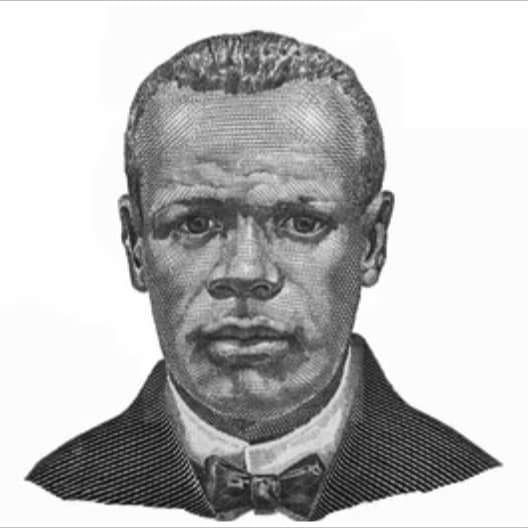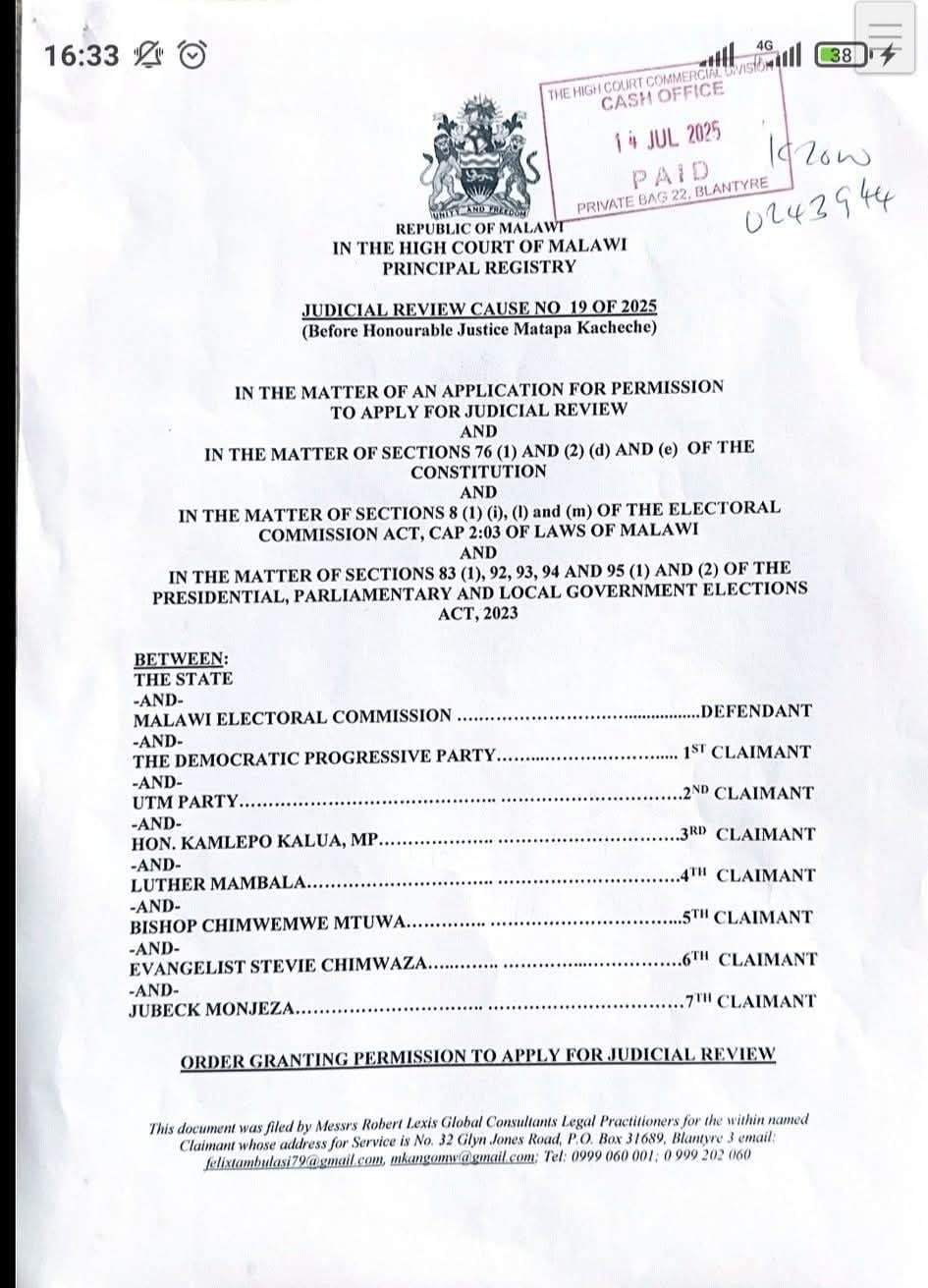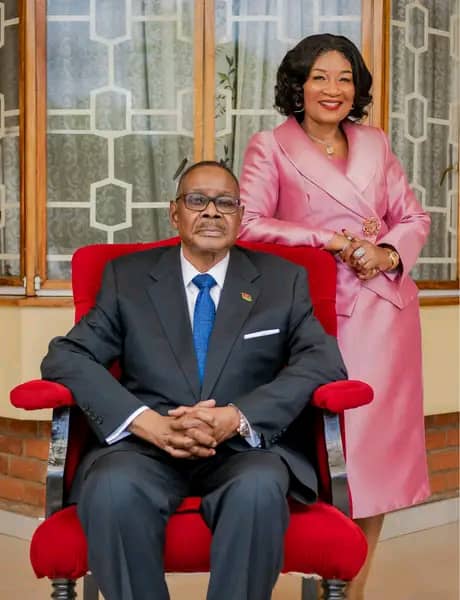By Twink Jones Gadama
On the 15th of January each year, the people of Malawi pause to commemorate John Chilembwe Day, a day steeped in historical significance and imbued with a profound sense of national identity. This day serves as a poignant reminder of the indomitable spirit of resistance against colonial oppression and the relentless pursuit of justice and equality. John Chilembwe, a revered figure in Malawian history, epitomizes the struggle for liberation and the quest for dignity in the face of adversity. The observance of this day is not merely a ritualistic remembrance; it is a clarion call to reflect on the values of freedom, justice, and the enduring legacy of those who have fought valiantly for the rights of the marginalized.
Chilembwe’s legacy is inextricably linked to the broader narrative of colonialism in Africa, particularly in the context of British rule in Nyasaland, now Malawi. His life and actions resonate deeply within the collective consciousness of the Malawian populace, serving as a symbol of resistance against the dehumanizing forces of colonial exploitation. Born in 1871, Chilembwe was not only a religious leader but also an astute social critic who recognized the injustices perpetrated against his people. His experiences in the United States, where he encountered the ideals of freedom and equality, galvanized his resolve to challenge the status quo upon his return to Malawi.
The significance of John Chilembwe Day transcends mere historical commemoration; it embodies the essence of Malawian identity and the ongoing struggle for social justice. The observance of this day provides an opportunity for introspection and dialogue about the socio-political landscape of contemporary Malawi. It invites citizens to engage with the historical injustices that have shaped their nation and to consider the ways in which these legacies continue to manifest in modern society. The day serves as a reminder that the fight for equality and justice is not confined to the annals of history but is an ongoing endeavor that requires vigilance and commitment.
In commemorating John Chilembwe, Malawians are called to reflect on the sacrifices made by their forebears in the pursuit of freedom. The Chilembwe uprising of 1915, although ultimately unsuccessful, was a watershed moment in the struggle against colonial rule. It was a bold assertion of agency in a time when the voices of the oppressed were systematically silenced. The uprising, characterized by its audacity and fervor, was a manifestation of the collective yearning for liberation and self-determination. By observing this day, Malawians honor the courage of those who dared to challenge the oppressive structures of their time, recognizing that their sacrifices laid the groundwork for the eventual attainment of independence in 1964.
Moreover, John Chilembwe Day serves as a platform for the articulation of contemporary issues that continue to plague Malawian society. The echoes of colonialism are still palpable in various facets of life, including economic disparities, social injustices, and political disenfranchisement. The commemoration of this day compels citizens to confront these enduring challenges and to galvanize collective action towards meaningful change. It is a day that calls for unity and solidarity among Malawians, transcending ethnic, religious, and political divides in the pursuit of a common goal: the realization of a just and equitable society.
The observance of John Chilembwe Day also underscores the importance of education and awareness in fostering a sense of national pride and identity. Educational institutions play a pivotal role in imparting knowledge about the historical significance of Chilembwe and the broader struggle for independence. By integrating this history into the national curriculum, the younger generation can cultivate a deeper understanding of their heritage and the sacrifices made by their ancestors. This knowledge is essential in nurturing a sense of responsibility towards the nation and its future, encouraging young Malawians to become active participants in the ongoing quest for social justice.
Furthermore, the commemoration of John Chilembwe Day is an opportunity for the government and civil society to engage in meaningful discourse about the state of the nation. It is a moment to reflect on the progress made since independence and to critically assess the challenges that remain. The day can serve as a catalyst for policy discussions aimed at addressing the socio-economic disparities that persist in Malawi. By invoking the spirit of Chilembwe, leaders can be reminded of their duty to uphold the principles of justice, equity, and accountability in governance.
In the realm of cultural expression, John Chilembwe Day also provides a platform for the celebration of Malawian heritage. Artistic performances, poetry recitals, and cultural exhibitions can serve as powerful mediums for conveying the narratives of resistance and resilience that define the Malawian experience. These cultural expressions not only honor the legacy of Chilembwe but also foster a sense of belonging and pride among the populace. They remind citizens of the richness of their cultural heritage and the importance of preserving it for future generations.
As Malawians gather to commemorate John Chilembwe Day, it is imperative to recognize the multifaceted significance of this observance. It is a day that encapsulates the struggle for freedom, the quest for justice, and the celebration of national identity. It is a reminder that the fight against oppression is not a relic of the past but a continuous journey that requires the active participation of all citizens. The legacy of John Chilembwe serves as a beacon of hope, inspiring current and future generations to uphold the values of justice, equality, and dignity.
In conclusion, the observance of John Chilembwe Day is a vital component of Malawi’s national consciousness. It is a day that honors the sacrifices of those who fought for freedom and justice while simultaneously challenging the nation to confront its present realities. As Malawians reflect on the legacy of John Chilembwe, they are reminded of their collective responsibility to build a society that embodies the principles for which he stood. The commemoration of this day is not merely an act of remembrance; it is a reaffirmation of the enduring spirit of resistance and the unwavering commitment to the ideals of justice and equality that continue to resonate in the hearts of all Malawians.




